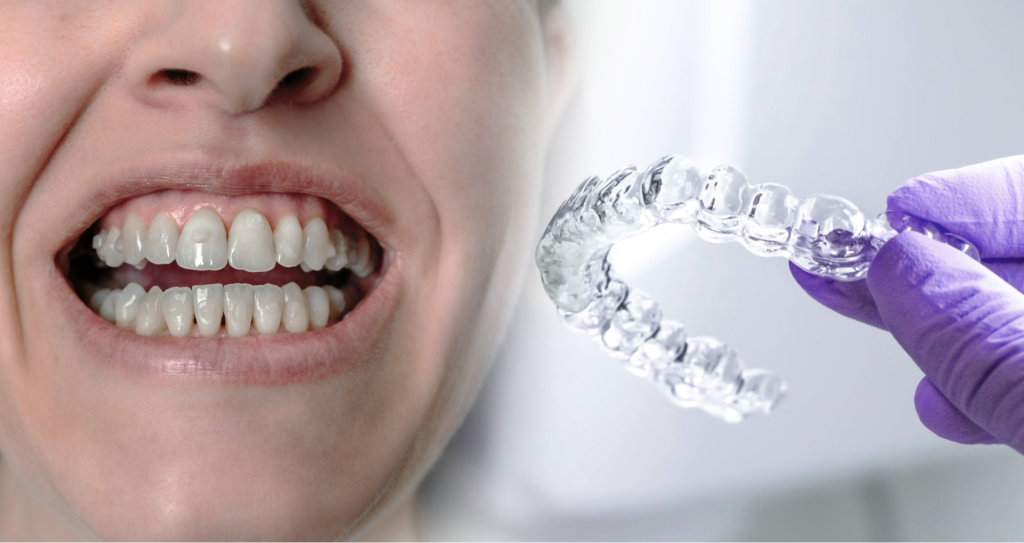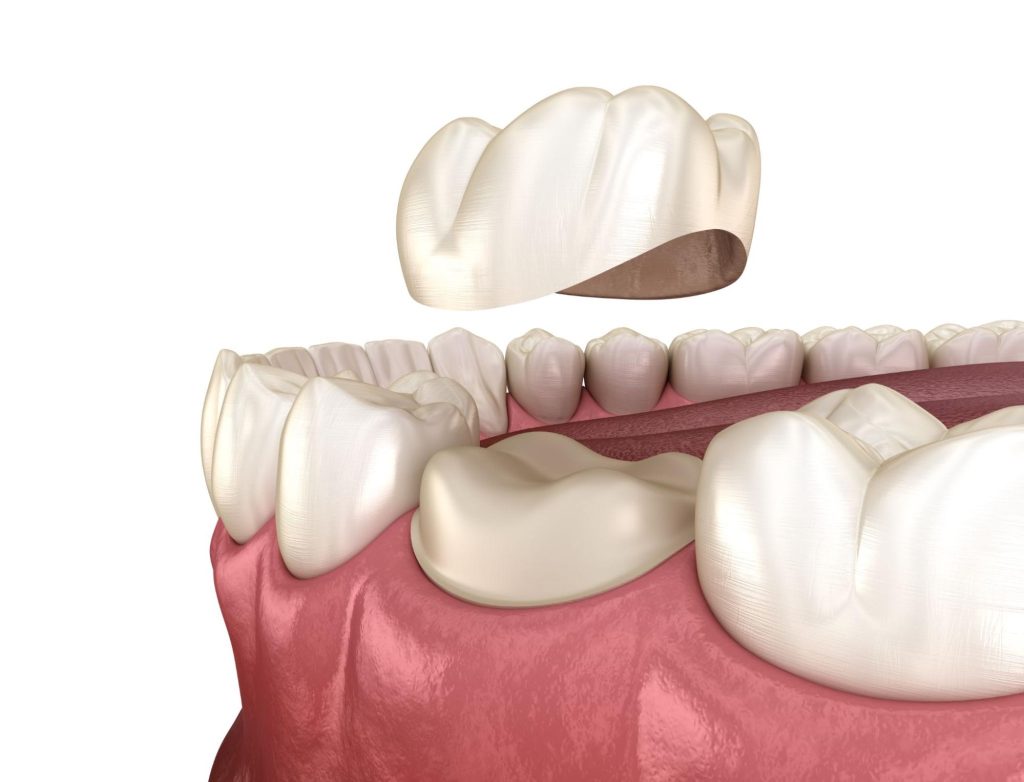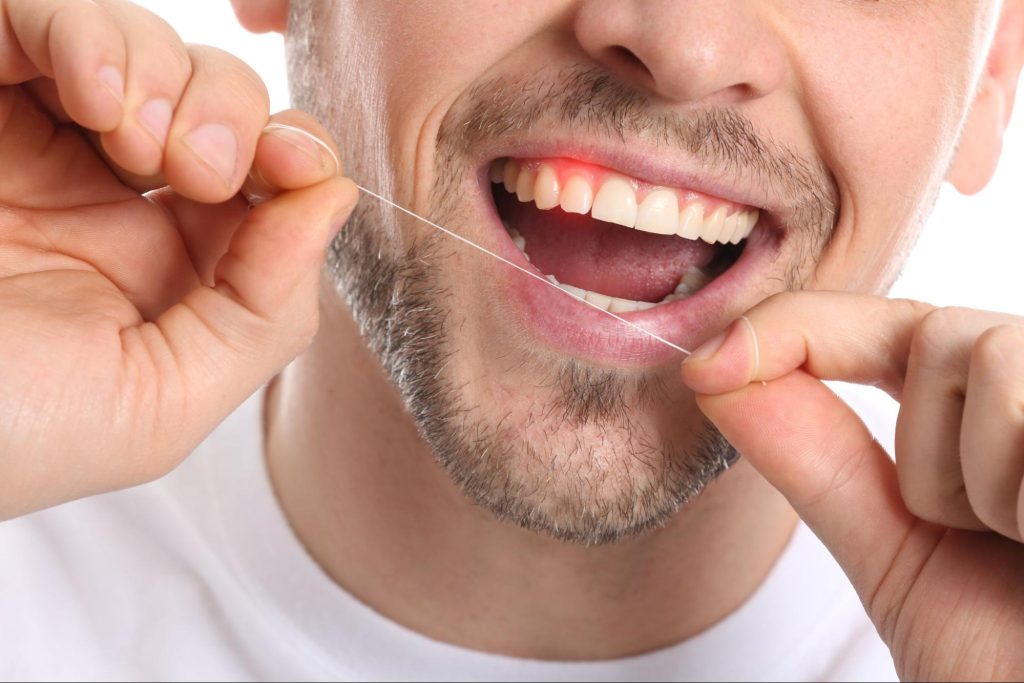Tooth removal. Ouch! This is a perfectly natural response to the idea of having your wisdom teeth removed. If you are like most people, the thought of surgery makes you feel uneasy. Tooth extraction is especially unsettling because it is associated with pain and discomfort. But you need not suffer after going through such a procedure.
There are two things you should know. First, advances in dental technology and methods make dental surgery less painful, and you should work with a dentist who uses them. Second, following proven wisdom teeth removal recovery tips will limit your pain and discomfort and help you get back to your life soon after removing your teeth.
Here are five wisdom teeth removal recovery tips to help you heal after wisdom teeth removal surgery.
1. Follow Your Doctor’s Instructions
Your doctor will give you specific instructions on what you should and should not do as you recover. Their main advice will be to rest and take it easy. For a few days at least, you should avoid activities such as bending over, lifting heavy objects, or engaging in strenuous activities. These can increase the flow of blood in your system and cause the place where your wisdom teeth were to bleed more or even swell up.
If you are an active person, it is understandable that you will want to get back to your regular routines. However, if you push your body too far in the days after the surgery, it will cause a delay in the healing process.
2. Watch What You Eat and Drink
Before you go into surgery, you should stock your kitchen with soft food. You will need to go on a soft food diet for a few days. Nuts, crackers, crunchy chips, vegetables, or chicken should, literally, be off the table. Soup, yogurt, applesauce, scrambled eggs, and oatmeal are some of the foods you can snack on. For meals, you should consider boiled and baked foods—anything that can be easily chewed and have the softest possible impact on your teeth. However, you should avoid eating anything that is really hot, spicy, or acidic.
3. Keep Your Head Elevated
A little swelling is natural after the extraction. One of the best ways to reduce it is to elevate your head when you sleep at night. You can do so by using an extra pillow. It’s recommended that you sleep on your side, making it easier to keep your head propped up on the pillow.
4. Don’t Let Your Mouth Dry Out
You should keep your mouth moisturized and hydrated. You will need to increase your daily intake of water after the extraction. You should also flush out your mouth regularly to keep your throat moist. You should avoid using straws during your recovery period. The sucking can loosen blood clots which are critical for the healing process.
5. Massage Your Jaw
Your mouth will be swollen and sore after the surgery. The best way to reduce the latter is to massage your jaw joint on both sides. This will stimulate blood flow and alleviate cramping. You should open and close your mouth regularly. This is also a good way to work through the stiffness. Start slowly, go at a gradual pace, and do not push yourself too hard.
In Summary
The bottom line is that you should take charge of your recovery plan. You should follow your doctor’s instructions to the letter, and do not shy away from asking them any questions you may have. You should also prepare for the surgery by purchasing the food and drink you will need to consume before it. You know yourself better than anyone.
If you believe it is necessary to remove sugary drinks and salty foods from your home to avoid temptation, then do so. Take the initiative in the healing process. Your body will strive to heal itself in the days after the surgery. You can help it by following the wisdom teeth removal recovery tips above.
Are you ready to have your wisdom teeth removed? Do you have any questions about the procedure? If so, you should book an appointment with an oral surgeon at Mosman Fine Dental.



